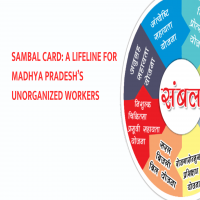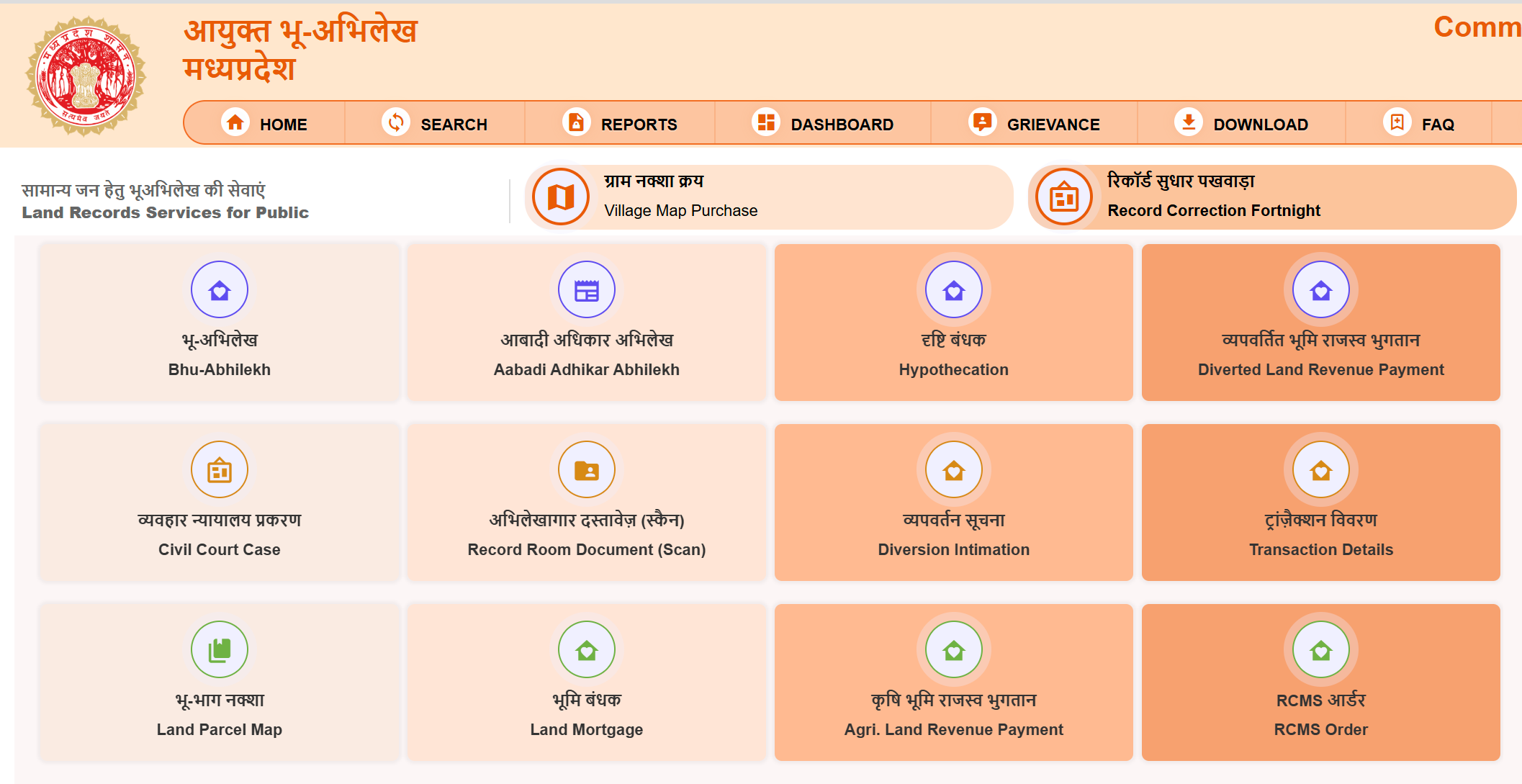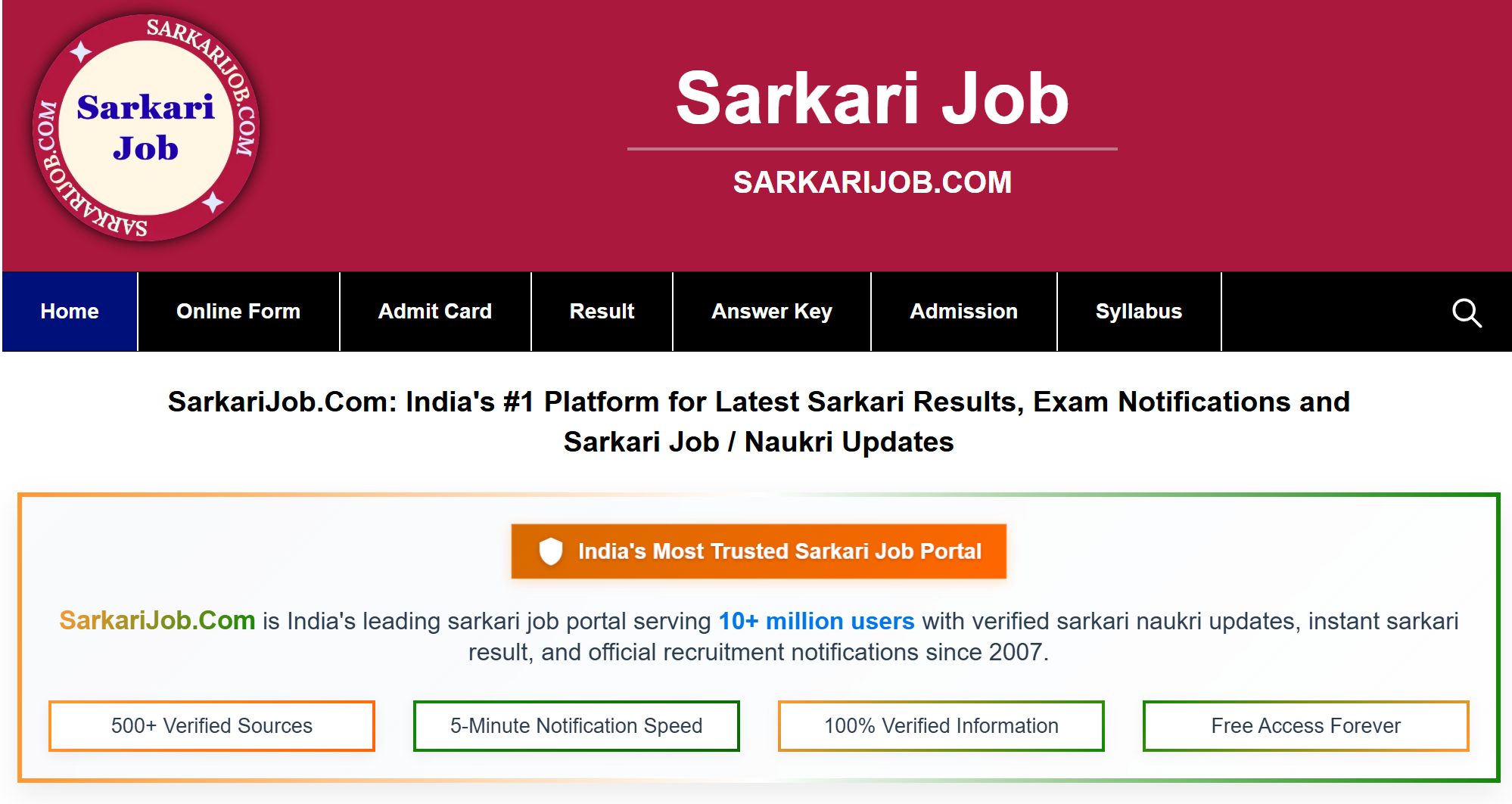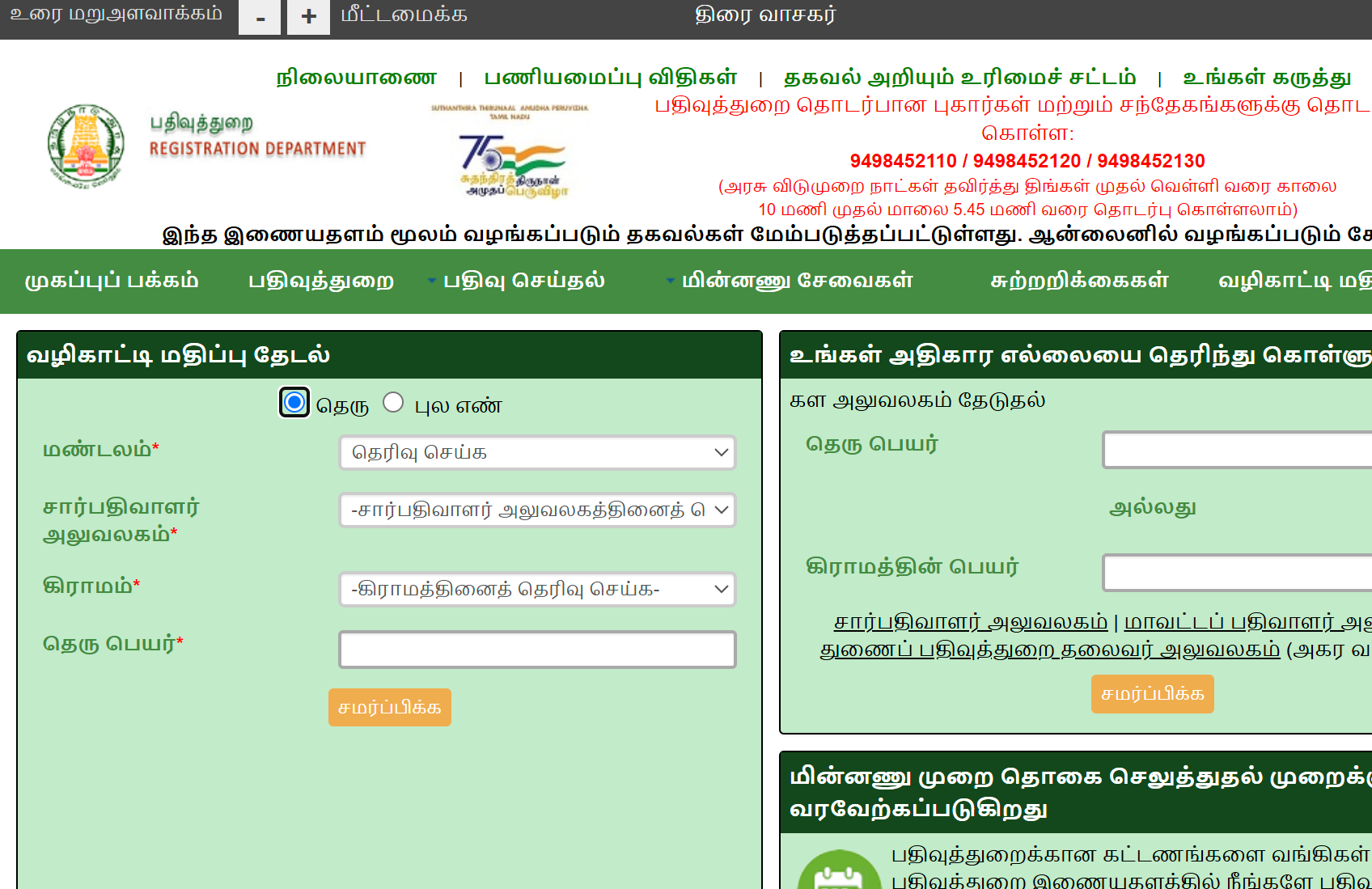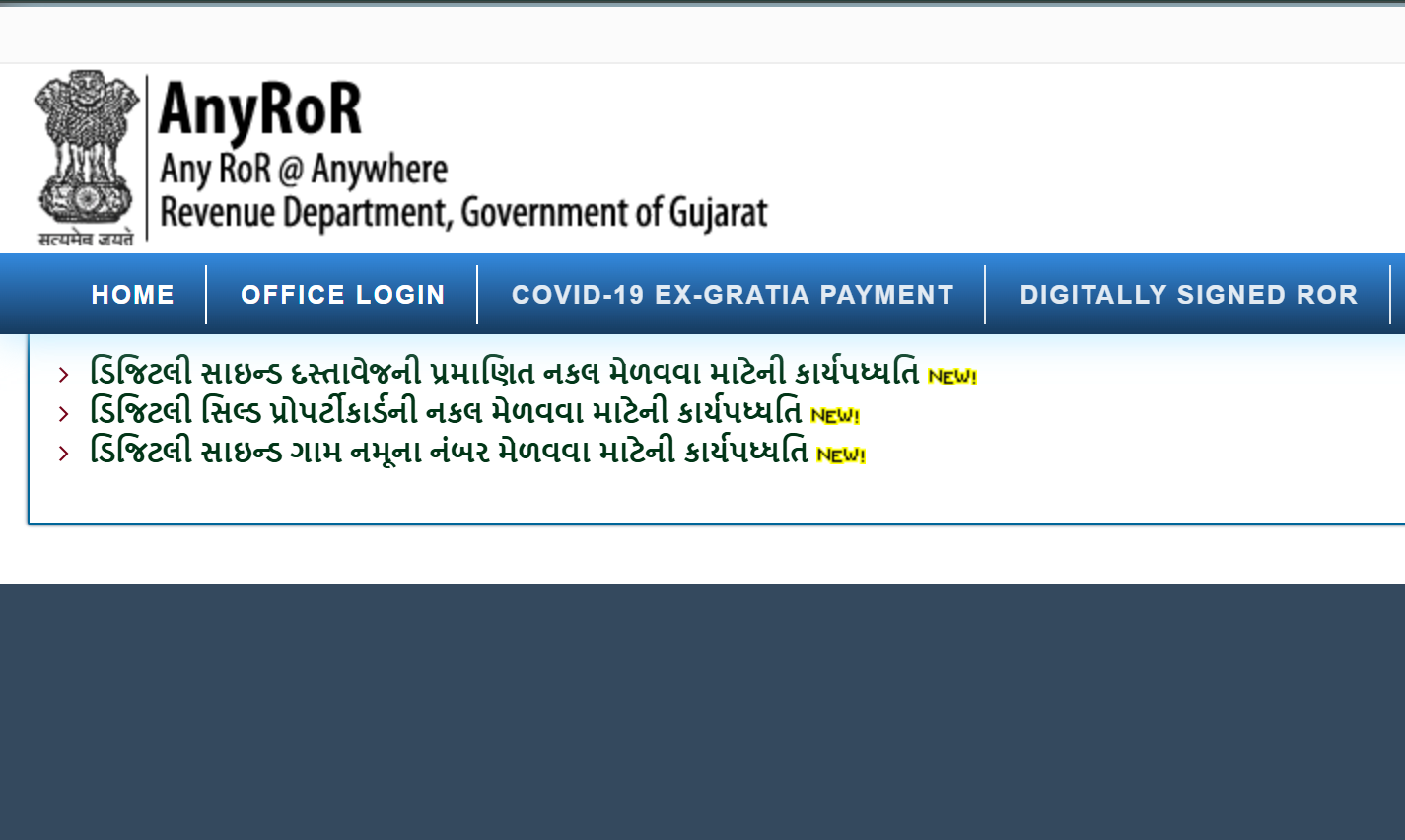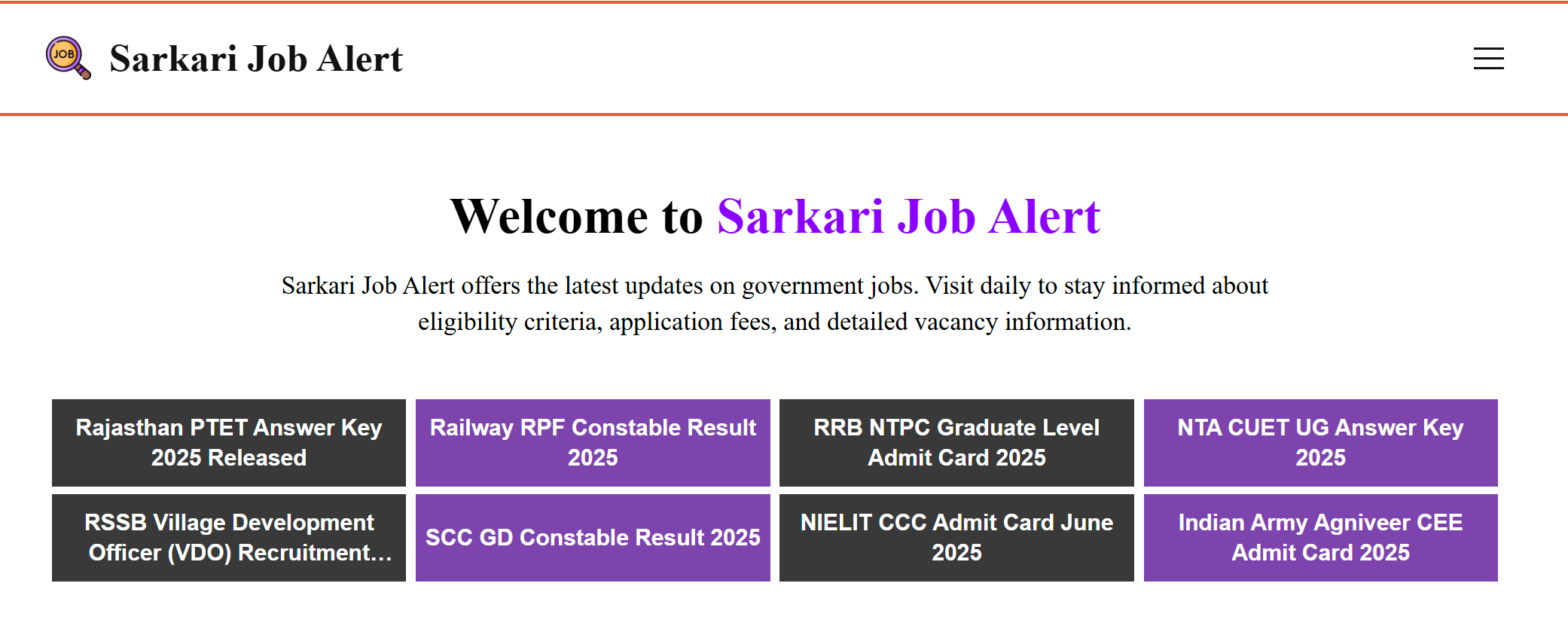The FCS UP Ration Card System: Empowering Food Security in Uttar Pradesh
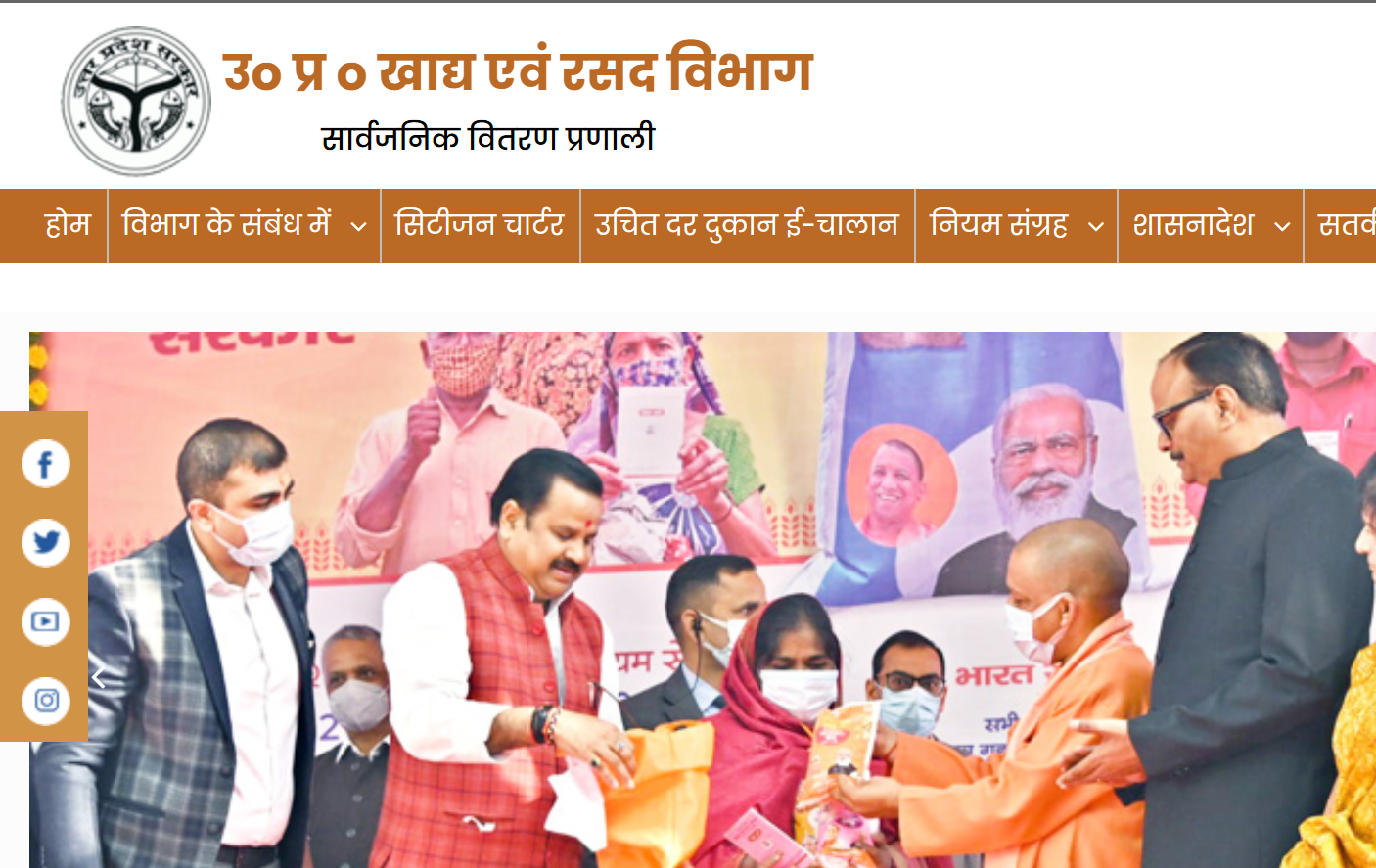
Strong 8k brings an ultra-HD IPTV experience to your living room and your pocket.
The Food and Civil Supplies (FCS) Department of Uttar Pradesh, accessible through its official portal fcs.up.gov.in, plays a pivotal role in ensuring food security and equitable distribution of essential commodities to the state’s residents. The FCS UP ration card system is a cornerstone of this mission, providing subsidized food grains and other essentials to eligible households under the National Food Security Act (NFSA), 2013. This article explores the significance, functionality, and impact of the FCS UP ration card system, highlighting its role in uplifting economically weaker sections of society.
What is the FCS UP Ration Card?
A ration card in Uttar Pradesh is an official document issued by the Department of Food and Civil Supplies, enabling eligible families to purchase food grains, such as rice, wheat, and sugar, at subsidized rates through the Public Distribution System (PDS). It also serves as a valid identity proof for various government schemes. The FCS UP ration card system categorizes beneficiaries into two main types under NFSA: Antyodaya Anna Yojana (AAY) for the poorest households and Priority Household (PHH) for other eligible families. These cards ensure that financially weak citizens have access to essential commodities at affordable prices, combating hunger and malnutrition.
The primary objective of the FCS UP portal is to streamline ration card services, making them accessible online. This digital platform allows citizens to apply for new ration cards, check eligibility lists, download e-ration cards, and track application statuses, reducing the need for physical visits to government offices. The system also aims to curb black marketing and hoarding by ensuring transparency in the distribution process.
Key Features of the FCS UP Ration Card System
- Online Accessibility: The fcs.up.gov.in portal offers a user-friendly interface where citizens can access ration card services. By navigating to the “Important Links” section, users can check the NFSA eligibility list, search for their names, or download digital ration cards using their ration card number and OTP verification.
- Eligibility and Application Process: To apply for a ration card, applicants must visit the FCS UP portal, download the appropriate form (urban or rural), and submit it with required documents, such as Aadhaar card, income certificate, and passport-sized photos, to the Food Supply Department or a Common Service Center (CSC). The system prioritizes women as the head of the household, ensuring gender inclusivity. If no female member is available, the eldest male member is designated, with provisions to update once a female member turns 18.
- Digital Ration Cards: The introduction of e-ration cards, accessible via the FCS UP portal or DigiLocker, has revolutionized the system. Digital cards contain details like the head of the family’s name, shopkeeper’s name, and ration allocation, allowing beneficiaries to access services without physical cards.
- KYC Verification: To maintain accuracy, the FCS UP system mandates Aadhaar-based KYC verification. Beneficiaries must link their Aadhaar to their ration card through their PDS shopkeeper to avoid deactivation. This ensures that only eligible individuals benefit from subsidized rations.
- Grievance Redressal: The portal provides an online complaint system where users can register issues related to ration distribution or card services. A toll-free number (1800-1800-150 or 1957) is also available for assistance, ensuring prompt resolution of grievances.
How to Check the Ration Card List Online
To verify their inclusion in the ration card list, citizens can follow these steps:
- Visit fcs.up.gov.in.
- Click on “राशन कार्ड की पात्रता सूची” under “Important Links.”
- Select the district, followed by urban (town) or rural (block) area.
- Choose the PDS shopkeeper’s name to view the list of ration cards they manage.
- Click the ration card number to see detailed beneficiary information.
This transparent process allows citizens to confirm their eligibility and access rations without delays.
Impact and Challenges
The FCS UP ration card system has significantly impacted food security in Uttar Pradesh, benefiting millions of low-income families. By digitizing services, the state has reduced bureaucratic hurdles and enhanced transparency. The integration with DigiLocker and Aadhaar has further streamlined access, making it easier for beneficiaries to manage their ration cards.
However, challenges persist. Rural areas with limited internet access face difficulties in utilizing online services. Additionally, errors in KYC verification or outdated records can lead to wrongful exclusions. The government is addressing these issues by expanding CSC networks and conducting awareness campaigns to educate citizens about the online portal.
Conclusion
The FCS UP ration card system is a testament to Uttar Pradesh’s commitment to food security and digital governance. By leveraging technology, the state ensures that essential commodities reach the most vulnerable populations efficiently and transparently. As the system continues to evolve, addressing connectivity and verification challenges will further strengthen its impact, empowering citizens and fostering inclusive growth.
Note: IndiBlogHub features both user-submitted and editorial content. We do not verify third-party contributions. Read our Disclaimer and Privacy Policyfor details.

